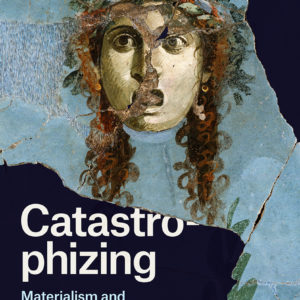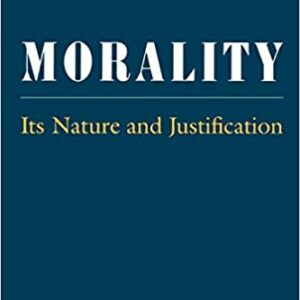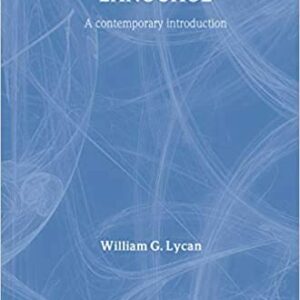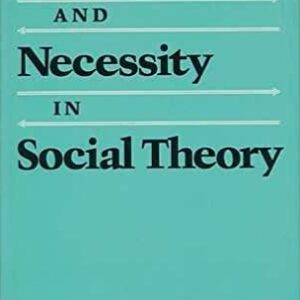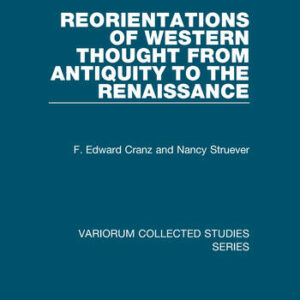
Aquinas
By Eleonore Stump (NHC Fellow, 1999–00) Few philosophers or theologians exerted as much influence on the shape of medieval thought as Thomas Aquinas. He ranks amongst the most famous of the Western philosophers and was responsible for almost single-handedly bringing the philosophy of Aristotle into harmony with Christianity. He was also one of the first … Continued
